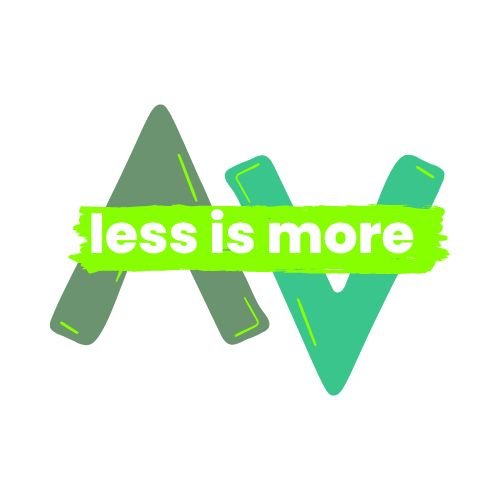Current Projects
Less is More?
2023-2026: A PROJECT EXPLORING THE USE OF ANTIBIOTICS & BENZODIAZEPINES
Funded by the Vienna Science and Technology Fund (WWTF), our project uses antibiotics and benzodiazepines as similar-but-contrasting cases and an integrated anthropology-public health approach to investigate their prescription, circulation, and use. Our aim is to develop an ethnographically grounded, expert-validated policy blueprint with an implementation model for de-prescribing the medications – where it is necessary and advisable, and where it is not – at the macro (policy), meso (institutions), and micro (provider/patient) level to explore as-yet invisible social arenas, close the data gap, and mitigate unwanted side-effects.
Existing policies focus on guidelines for providers and indirect user regulation. Yet, little is known about provider and user experience or circulation pathways – pharmaceuticals’ “cultural efficacy” – which could inform a more context-sensitive, evidence-based policy approach.
The project collects quantitative and qualitative data on pharmaceutical prescription, circulation, use, and develops workable models, regulations, and guidelines for evaluating and using pharmaceuticals with a stakeholder-driven co-creation approach.
HPVienna
2025-2027: Pioneering a Transdisciplinary Urban Surveillance System for Human Papilloma Virus with Vulnerable Communities
In 2023, Austria extended its national vaccination program for Human Papillomavirus (HPV), joining WHO’s call to eliminate cervical cancer and expanding its goals with a gender-neutral policy. Yet, the lack of any HPV surveillance system poses severe challenges in assessing the impact of vaccination, the evolutionary consequences on circulating HPV genotypes, and the basic sociality of HPV within dense urban environments. This project proposes a novel transdisciplinary approach which integrates sequencing-based genomic epidemiology, mixed-method social science and public health research, and agent-based modeling to tackle these interconnected challenges. We will map viral population dynamics onto urban social dynamics, unveiling transmission networks and contributing to prevention of HPV-linked cancers. Partnering with the NGO and clinic Ambermed that supports patients without health insurance in Austria, volunteer HPV swabbing will be enhanced through social participatory methods, and complemented by a novel pipeline to detect population-wide circulating HPV genotypes from wastewater to test the risk of high-impact variants and indirect effects of vaccination. All novel and complementary evidence will be synthesized to yield a transmission model for the whole Viennese population, intervention scenarios, and a policy blueprint with recommendations and tailored measures. Our pioneering approach tackles existing socioeconomic inequalities and gender disparities with an additional focus on boys and men. This transdisciplinary strategy pushes the boundaries of OneHealth in practice, with the potential of serving as a prototype for effective prevention and multi-system surveillance of infectious diseases in the urban environment more generally.
LISTEN-IN
2025-2027: Lifeworld-Oriented and systemic Empowerment for people who experience homelessness and live with cancer
Lebenswelt-orientiertes und Systemisches Empowerment für obdach-, wohnungslose und prekär wohnende Menschen mit Krebserkrankung: Unsere Mission ist es, soziale Ungleichheiten in der Krebsversorgung zu verbessern, indem wir die Sicht von obdach-, wohnungslosen und prekär wohnenden Menschen mit Krebskrankheitserfahrungen und ihren Unterstützungssystemen mittels PhotoVoice erfassen und ihnen eine Stimme geben. Wir fördern eine gerechte, personenzentrierte Versorgung für mehrfach benachteiligte Menschen mit Krebskrankheitserfahrungen durch partizipative Methoden und stärken das gesellschaftliche Bewusstsein für die Herausforderungen, mit denen sie leben.
Community Projects
Sex Work & Health in Austria
Together with the Community Health Lab at the Medical University of Vienna and social organizations in Vienna, we are pursuing a self-funded project around health needs, governance and understandings of health in the context of sex work in Vienna, Austria.



